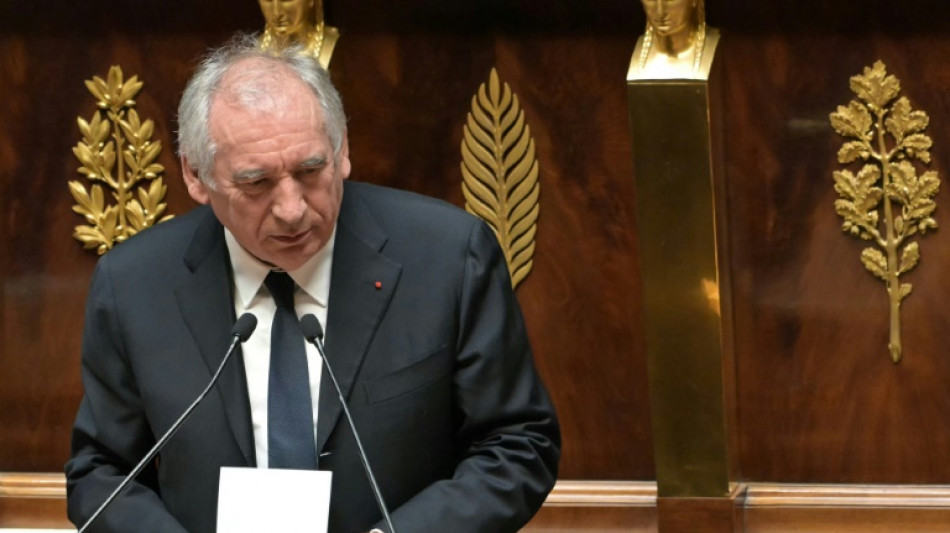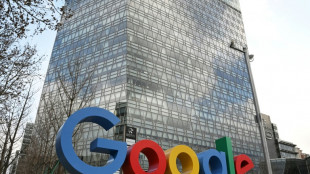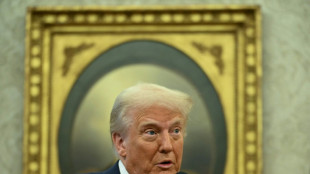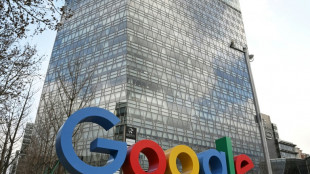

French PM survives no-confidence votes
French Prime Minister Francois Bayrou on Wednesday survived two no-confidence votes in parliament, winning some breathing space after less than two months in office but still facing an uncertain future.
Bayrou, a veteran centrist named by President Emmanuel Macron in December with the task of ending months of political turmoil, used a controversial constitutional article to ram his cost-cutting budget through parliament without a vote on Monday.
"This budget is an urgent step," Bayrou told the National Assembly.
But the use of article 49.3 of the constitution allows opposition parties to put forward no-confidence motions, and the bids to topple the government were duly proposed by the hard-left France Unbowed party (LFI), backed by the Communists and the Greens.
But while Bayrou is nowhere near having a majority in the National Assembly, the Socialists and far-right National Rally (RN) both said they would not back two no-confidence motions put forward by the hard left.
- 'Overcome their disagreements' -
In the end, the motion concerning the budget gathered 128 votes, well short of the 289 votes needed to topple the government, which still needs approval from the upper-house Senate for the draft to become law, a move seen as a formality.
A second no-confidence motion, targeted at the government's social security financing plan, also failed, gathering 122 votes.
"This is a good thing for our country and our fellow citizens, and proof that their political representatives are able to overcome their disagreements," Finance Minister Eric Lombard said after the first motion was defeated.
But observers said Wednesday's votes offered only crumbs of comfort for the embattled premier.
"Passive support from both the Socialists and Marine Le Pen's far right for Bayrou will end once a 2025 budget is fully enacted in the next few days," risk analysis firm Eurasia Group said, giving a 70 percent chance that the government would "fall in the next few months".
Jordan Bardella, head of the far-right RN, said ahead of the vote that "we need to avoid uncertainty because many of our fellow citizens... are extremely worried about possible long-term instability".
The party's vice president, Sebastien Chenu, said the RN wanted stability "until it is possible to trigger fresh elections", which could be in June, one year after the last legislative polls.
- 'Go before the voters again' -
"As soon as we can go before the voters again, we must do so," he said.
Socialist leader Olivier Faure said his party decided against voting to topple the government over the budget because it would have resulted only in France having "a prime minister further to the right".
The Socialists' stance is a major boost for Bayrou that could mark the end of a broad left-wing alliance including the Socialists and LFI party that had endured since the election campaign.
Faure denied any looming breakup, saying late Wednesday that the alliance, known as the New Popular Front, "will continue to exist for as long as there is the will to beat the far right".
In a symbolic move, the Socialist party leadership decided Monday to propose a separate no-confidence motion after Bayrou referred to migrants "flooding" France, using terminology previously used by the far right.
However, this has little chance of passing as it is expected to be rejected by right-wing parties.
Bayrou's predecessor Michel Barnier was toppled in a no-confidence vote late last year, leaving France in uncharted political waters.
The survival of Bayrou's government will be a relief for Macron, who has faced calls to resign since dissolving parliament last year, but who has insisted he will stay on until the end of his term in 2027.
Many analysts and even allies are still baffled by the president's decision to call snap parliamentary elections last summer, which gave the far right its biggest-ever foothold in a divided parliament.
The cost-cutting and tax-hiking budget has proved controversial in some quarters, with France's richest man, the luxury goods mogul Bernard Arnault, denouncing a planned special corporate tax.
Budget Minister Amelie de Montchalin said the government, now in possession of a budget, would do what it takes "to meet our 5.4 percent target" for the 2025 deficit as a percentage of GDP, after an estimated six percent last year.
burs-jh/jxb/js
孫-H.Sūn--THT-士蔑報




